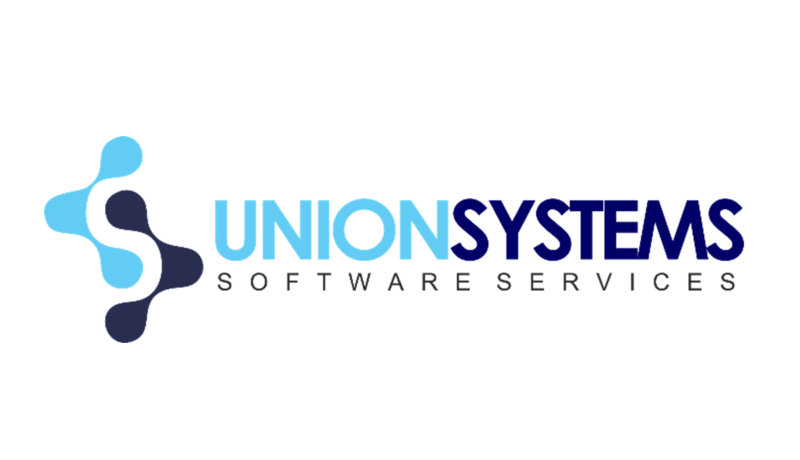– Chuks Onyebuchi

Anyone involved in the development lifecycle of a software application has an interesting relationship with bugs. Bugs range in severity, from being a subtle issue that can be fixed in a flash to being the reason you haven’t slept in two days. No matter how bugs manifest themselves, they are errors that prevent a software application from performing as it should.
We are currently living through a pandemic that has defined a new normal. While businesses all over the world are transforming themselves to adapt to this new normal, the software industry globally is reaping the benefits of the season due to increased demand for technology. In Nigeria, companies are starting to look inwards for their software needs which have now led to an increase in the demand and acceptance of indigenous software. We can boldly say that Covid-19 has opened a floodgate of opportunities for the Nigerian software industry and presented a gateway to emancipate the industry from the clutches of imperialism.
However, with all these opportunities comes the question of readiness, “Is the Nigerian Software Industry ready to seize and maximize these opportunities?” This question is imperative because this opportunity wave has happened before in the 80s and 90s. Back then, Nigerian software was in high demand both locally and internationally. We had banking software like SmartBank from CSA now Neptune Group, Autobank from Tara Systems, Peat Banker from Peat Marwick to mention a few. These applications served Nigerian banks at the time and were exported to other parts of Africa, Autobank was even used by a bank in the US and three banks in Europe. Suddenly all this vanished and our banks started importing foreign software again.
To move forward, we must identify and track the bugs that may crash these opportunities presented by the pandemic and fix them to prevent this opportunity wave from fading. These bugs when fixed would build the required confidence needed to meet the demand of the industry.
Specialization Gap:
As an industry, we need to pay close attention to specialization. It doesn’t benefit us to have many jacks of all trade. It is important for companies to build required competencies and mastery in niche areas to enable us to build software that will both address the needs of these industries and compete favorably with international software solutions. If Health-tech is your focus, stay there, if financial technology is your focus stay there.
Adherence to Software Development Standards:
To produce quality software applications that can compete internationally, we need to take standards seriously. Software companies should follow the software development lifecycle and have all their documentations in place. They must have a proper support structure and a continuous investment in R&D to improve their products. I propose that a body like the Institute of Software Practitioners of Nigeria (ISPON) step up to this task. ISPON needs to enforce these standards and issue professional certification on all indigenous software. We can also go a step further to have all certified software applications registered in a portal managed by NOTAP and NITDA. This portal will be the first port of call for anyone looking for software. It will provide assurance to the buyer and ensure priority is given to indigenous software.
Funding Show Stopper
One of the reasons software companies are not specializing in niche areas is because of the need to raise capital to stay afloat. They need capital to run their business and invest in research and development. We can draw lessons from Ireland in this regard. The Republic of Ireland has a government agency called Enterprise Ireland which is charged with the development, acceleration and promotion of Irish companies to foreign markets. In 2019, they invested a total of €24m in Irish start-ups and supported a total of 127 start-up companies.
For Nigeria, the government doesn’t have to provide this investment alone; they can partner with tier 1 companies to contribute a percentage of their profit after tax towards the funding of the software industry managed by NITDA. The benefit to the government is that the fund will lead the establishment of more software companies that can develop software that will be exported to earn Foreign currency for the Country and create jobs. If the fund is well managed, Software can become a good source of revenue and contribute greatly to our GDP. It was reported last year that Nigeria lost over $400million to foreign software license renewal, this money can be circulated in our economy if it was earned by indigenous software companies. If we have quality software and stable IT companies, companies can relax knowing that the FX bottlenecks and dependencies on foreign software and companies have been eliminated.
Business Continuity Concerns:
We must build an industry with software applications and companies that will outlive its owners. To that end, corporate governance rules for software companies need to be set up and strictly adhered to. This is another role ISPON in conjunction with the government can enforce. Software companies should be encouraged to prevent all key man risks and to do this they need to remunerate their staff appropriately. We can’t talk about remuneration without mentioning the need for indigenous software to be priced appropriately taking cognizance of continuous R&D to improve on the software and avoid staff turnover. IT talent migration to Canada and other countries remains our biggest key man risk and if we will match the remuneration of Software developers abroad then we must price our software appropriately.
It is also imperative that software companies know the difference between an Award letter and a Software license and Maintenance agreement. A well-crafted Software license agreement protects both the Software Company and the client using the software. These contracts should contain Intellectual property protection clauses, favorable termination conditions, recurring license fees payment clauses etc. If we will build a solid industry, then we must be professional in our approach to business. Software is serious business.
World Class Talent Shortage:
The world of IT training has changed, in the past it was essential to graduate with a Computer Science degree before you can get hired but the reality is the fact that our school curriculum is lagging behind. Technology is developing faster than our schools are developing and what this means is that most developers are either self-taught or have to be trained from scratch once they graduate. Also, the number of good Computer Science graduates every year is no longer enough to serve the different sectors of the economy who need them. Graduates of Physics, Mathematics, Statistics and Engineering now retrain in Programming to be able to develop Software applications. To close this gap, I recommend the establishment and certification of Coding Academies across the country so that a student at any age with an interest in coding can get trained in any of the certified schools and qualify to be employed straight from the coding academies. This is just like you have football Academies for training footballers. This will encourage more quality talent and improve the development of technical skills in the country as they will be trained on latest technology and by industry experts.
Steve Maguire said, “Never allow the same bug to bite you twice." As an industry, the pandemic has flooded opportunities into our pipeline but we owe it to posterity to ensure that we do the right things today to both maximize and maintain this wave. It would not be good for us to repeat the mistakes of the past where indigenous companies resorted to foreign software applications when Nigerian Software industry failed them.





















